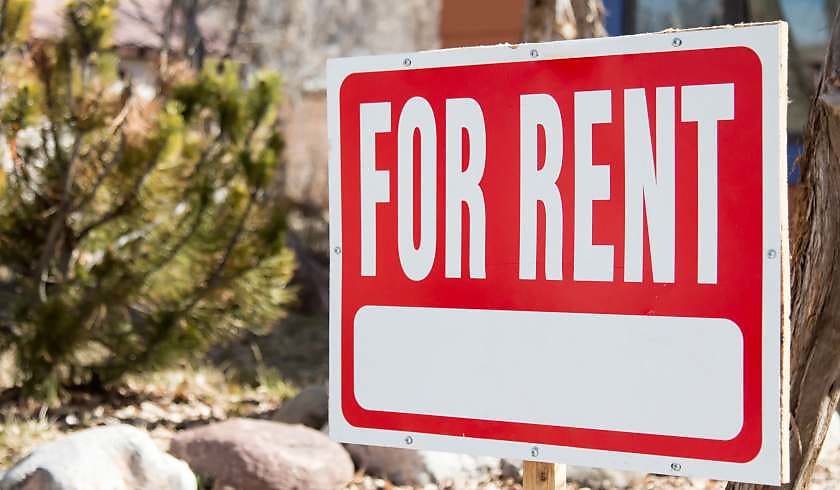6 ways landlords can get ready for tax time
As we head into the last quarter of the current financial year, an expert gives tips on how landlords can get ready for tax time.

Maria Milillo, the head of property management for Raine & Horne, said that the best tax tip for landlords is not to wait until the last minute to do their tax planning, especially not until the end of the financial year on 30 June.
Notably, the Australian Taxation Office (ATO) revealed that nine in 10 sampled tax returns reporting net rental income required adjustment last year.
In an address to the Tax Institute’s Tax Summit 2022, ATO second commissioner Jeremy Hirschhorn said the results of the Random Enquiry Program were “startling and clearly something we need to address.”
“Currently, rental income and deductions contributed over $1 billion to the net tax gap. In the 2020–21 tax return as of 30 June 2022, over two million rental property owners declared over $45 billion in income and about $43 billion in expenses,” Hirschhorn said.
The ATO identified several common errors and omissions made by landlords in their tax returns, including landlords who failed to declare their rental income, and those who did not report the capital gain on the sale of rental property.
The regulator also found cases where landlords claimed the main-residence exemption for a property that was actually a rental property and where interest deductions were claimed for a holiday home that was not truly available for rental.
Other errors or omissions included claiming capital expenditures as an immediate deduction, assigning all rental income deductions to one spouse even if the property was co-owned, and claiming deductions for the full cost of travel even when the travel was partly for non-rental purposes.
To help make tax time easier for rental property owners, Ms Milillo has enumerated six ways landlords can prepare for the season:
1. Organise rental income and expenses
The expert advised landlords to keep track of rent received and all expenses related to the rental property, including for repairs, maintenance, property taxes, insurance and other items.
2. Understand tax deductions
In order to optimise their returns, the expert recommended landlords thoroughly research tax deductions.
“Familiarise yourself with tax deductions you may be eligible for, such as depreciation expenses, mortgage interest, and property taxes,” Ms Milillo said.
3. Organise your records
Ms Milillo suggests that landlords can avoid being overwhelmed while filing taxes by maintaining an organised record-keeping system. However, she emphasised that this requires ongoing diligence throughout the year.
"Maintain good records of all rental income and expenses throughout the year, including receipts and invoices,” she said.
4. Enlist professional help
Tax time can be a busy period. and having a helping (and professional) hand can be beneficial for some landlords, according to Ms Milillo.
“Consider hiring a tax professional or accountant to assist with tax preparation and ensure all applicable deductions and credits are claimed,” she said.
5. Review tax laws and regulations
If you are working with a property manager, Ms Milillo says they should keep you up to date with any changes in tenancy laws and regulations that could potentially affect your investment.
Additionally, it’s worth noting that property management fees can be claimed as tax deductions.
6. Get a depreciation schedule
Ms Milillo highlighted the benefits that investment property owners can get from having a depreciation schedule prepared for their properties.
“Depreciation is the gradual reduction in value of an asset such as an investment property over time due to wear and tear, and the ATO allows property investors to claim this loss of value as a tax deduction.
“A depreciation schedule is a detailed report that outlines the items in an investment property that are eligible to be claimed as a tax deduction. This includes wear and tear to the building structure, fixtures, and fittings. Depreciation schedules can be prepared by quantity surveyors or specialist companies.”
It’s worth noting, too, that these schedules are themselves, a tax deduction.
Some of the pros of having a depreciation schedule include identifying all eligible deductions for the current financial year and up to 40 years into the future.
“This can help property owners reduce their taxable income, resulting in significant tax savings,” Ms Milillo said.
Moreover, claiming depreciation deductions can result in significant cash flow benefits for landlords.
“Additional tax savings from depreciation deductions can mean more money to reinvest or cover expenses,” she concluded.

